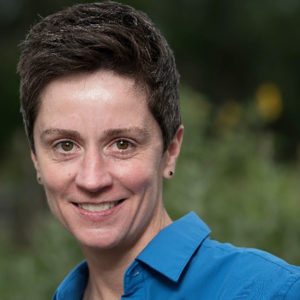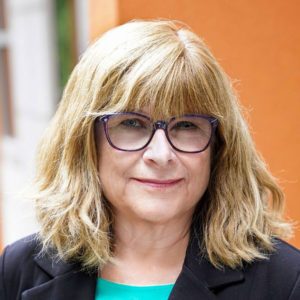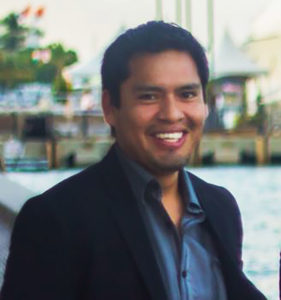Boulder not only provides a fertile playground for tech and innovation, but it also houses a wide range of facilities and resources to grow the entrepreneur at a variety of stages.
It has accelerator programs like Boomtown, Venture Capital companies like Techstars and female-focused MergeLane, incubators like Innosphere Ventures and everything in between.

When Kimberly Drennan came up with the idea for HiveTech, a health care management system for honeybees, two years ago, she went to CU’s Venture Partners team (formerly known as the Technology Transfer Office) for guidance. They connected her to SAGE, Social and Advisory Group for Entrepreneurs, a team-based program designed to help early stage tech startups to innovate their business model.
SAGE Boulder, run through Colorado’s science and technology incubator Innosphere Ventures, based out of Fort Collins, provides startups with advisory and mentoring assistance as they prepare themselves to become a sustainable business.
As SAGE focuses on technology and science, Kimberly felt the group stood out from other accelerators and incubators in that the mentors understood that “science is slow,” and that launching a product over time using science and technology required very specific guidance.
Kimberly worked with SAGE for about eight to 12 months while developing her product before graduating to Innosphere incubator.
The pre-funding stage
Susan Strong, a mentor through CU’s COventure Forward program, heads up Boulder’s division of SAGE.
“Lots of people think they’re ready to get funding but they aren’t,” says Susan. “So they go to SAGE before they go to Techstars or Boomtown.”

Susan helps bring early stage companies into SAGE Boulder from CU Boulder and from the local communities of Boulder, Longmont, Broomfield, etc.
SAGE consists of about 150 volunteer advisors and small companies from anywhere on the Front Range who work in science and technology that help with figuring out the business aspect, says Susan.
Entrepreneurs present in front of 30 mentors who provide real-time feedback, and then get put with a more intimate advisory team of three or four mentors. The mentee works with this advisory team on an ongoing basis over the following six to 12 months, with each mentor volunteering 48 hours.
Most of the SAGE companies don’t yet have employees. According to its website, “entrepreneurs do not have to be working on their business full time and are not restricted to Venture Capital companies,” stating that “bootstrappers” are welcome.
“Each company needs something different,” says Susan. “Some need financial help, or hiring people, getting prototype made, or introductions. Others need help figuring out how to apply for the PPP.”
Susan’s passions as a mentor include helping small companies find their customers, discover their pain points and communicate more effectively.
Through the intimate connection with their team of SAGE mentors, entrepreneurs learn what they need to move on to incubators such as the Innosphere program or seek Angel funding to move to the next startup stage. So far, about six SAGE companies made the transition into the Innosphere program.
Even with Covid restricting in-person meetings, attendance has proved very strong via Zoom. Susan has had as many as 39 people on a call plus the speakers now that geography no longer presents an issue.
A range of insights
“For me, the hardest part [of building a startup] was the fundraising piece,” says Kimberly. “Getting funding, and then knowing what the next steps are. Feels like you’re crawling around in the dark. People like to give generalizations on how to do things, but each mentor from SAGE had specific guidance to give.”
Currently, Kimberly is preparing HiveTech for commercialization, having recently received a second-phase Small Business Innovation Research Grant from the USDA.

Delfin Lozano, another SAGE mentee, founded educational robotics company QuestBotics in 2016. Delfin’s product involves an interactive STEM (Science, Technology, Engineering, and Mathematics) tool to help young children up to high school age learn to code without needing a screen. QuestBotics uses a puzzle-type device that incorporates colored blocks, directional blocks, and numbers that create sequences of movement for the robot.
Headquartered in Longmont, QuestBotics has a presence in over 90 schools across the country as well as some international schools.
He has worked with SAGE since last September and has three mentors who have helped him specifically in the areas of legal documentation and marketing. Currently, Delfin is building a curriculum platform so that more teachers can have class lessons and activities using his hands-on device. Upon completing the SAGE program, Delfin plans to raise capital.
Header Image: Innosphere’s main Fort Collins location which operates as SAGE’s HQ. Source: innosphere.org







